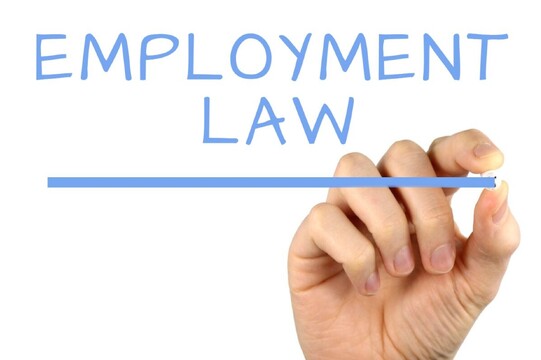Fair Pay Agreements
MBIE has approved five applications from unions to start bargaining for Fair Pay Agreements (FPA):
Early childhood education industry
Commercial cleaner occupation
Hospitality industry
Security offices and guards' occupation
Bus transport industry
In addition, applications to start FPA bargaining for Waterside worker's occupations and the Supermarket and Grocery Store industry are still being considered by MBIE.
What do employers need to do?
If you employ people in an occupation or industry which is covered by a Fair Pay Agreement where bargaining has started, there are specific actions you must take now. To find out more click here (Employer responsibilities and rights in the Fair Pay Agreement process) to go to the Employment New Zealand website.
If you need advice or help in understanding your obligations, give the team here a call on 07 870 4901.
Employment Agreement Update
The Employment Relations (Extended Time for Personal Grievance for Sexual Harassment) Amendment Act 2023 has extended the timeframe to raise a personal grievance for sexual harassment from 90 days to 12 months.
The concept being that sometimes it takes a victim a lot longer to come to terms with conduct associated with situations involving sexual harassment and the extended timeframe is appropriate in those circumstances.
A victim of sexual harassment now has 12 months in which they can raise the claim from the date the sexual harassment occurred or came to the employee’s attention, whichever is the later. The personal grievance is then raised in the usual way.
The deadline for other personal grievance claims, e.g. unjustified dismissal, unjustified disadvantage, etc remains 90 days, unless exceptional circumstances apply.
New Employment Agreements need to reflect this. There is no obligation on employers to update existing employment agreements nor necessarily communicate this change to existing staff. However, new staff and Employment Agreements need to know and reflect this change in writing since all agreements are required to have a clear and plain explanation of how to get help to resolve employment relationship problems, including the operative periods for raising personal grievance claims.
The Act does not apply retrospectively, meaning if the sexual harassment occurred prior to this amendment taking effect, the victim only has the standard 90 days to raise their claim. Going forwards – for sexual harassment claims – the 12-month period applies regardless of what is written in an older employment agreement.
